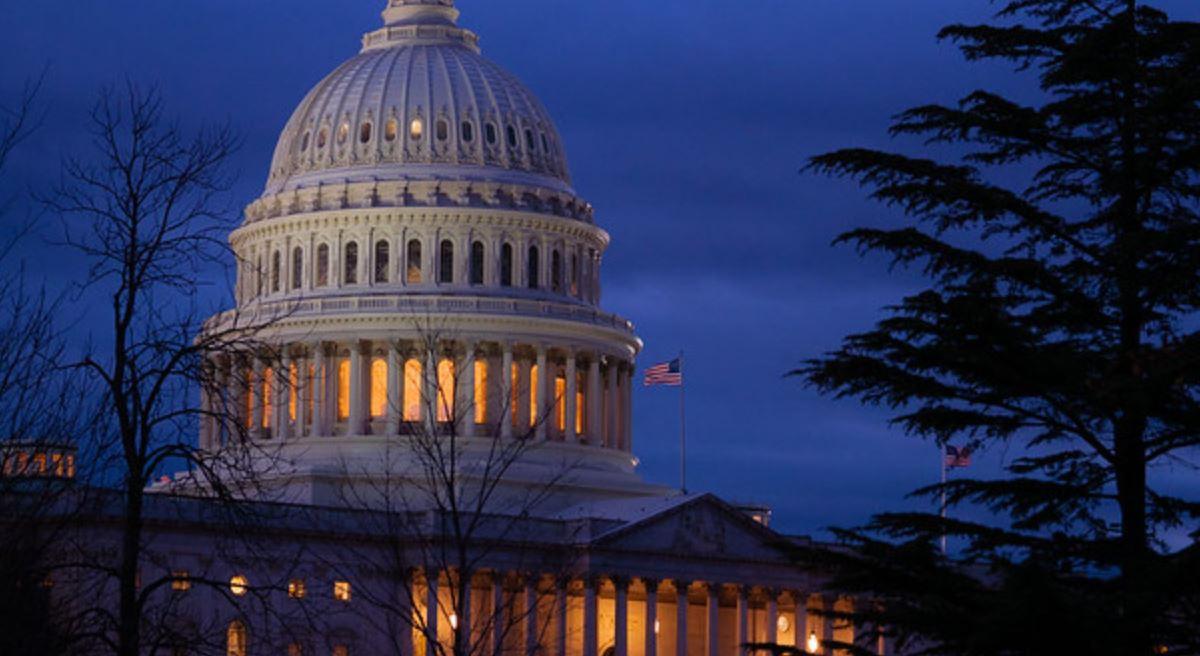War Spending Gives MMTers and the Left a Strong Talking Point
When conservatives applaud unlimited war spending, they not only harm our economy and body politic, but they give the Left a powerful talking point. Original Article: "War Spending Gives MMTers and the Left a Strong Talking Point" This Audio Mises Wire is
The Austrian Economics Meeting Europe Got a Taste of Cancel Culture
Many think cancel culture is an odd particularity of the Anglosphere. Unfortunately, it raised its ugly head at this year's Austrian Economics Meeting Europe held in Lithuania. Original Article: "The Austrian Economics Meeting Europe Got a Taste of Cancel Culture" This Audio
Nine Ways Debt and Deficit Spending Severely Harm African Societies
Systemic debt and deficit spending are intrinsic features of today's economic system. Unlike classical economics, where markets play the leading role and governments the supporting one, the existing economic model, driven by Keynesian theory, has inverted the roles. Keynesian economics,
Inflation IS Money Supply Growth, Not Prices Denominated in Money
In the recent Wall Street Journal article “Inflation Surge Earns Monetarism Another Look,” Greg Ip writes that a recent surge in inflation is not likely to bring authorities to reembrace monetarism. According to Ip, money supply had a poor record of
The Epistemological Case for Capitalism
[This article is excerpted from chapter 21 of Mises: The Last Knight of Liberalism.] In the early 1950s, Mises's NYU seminar dealt increasingly with epistemological questions. As he said to Ludwig Lachmann, he felt that the analysis of epistemological problems would
Why the US Should Default
Jeff and Bob discuss the effect of rising interest rates on Uncle Sam's ability to service debt—and promote the increasingly less radical idea that a default on Treasury debt is both inevitable and good. Jeff's article on rising rates: Mises.org/HAP351-1 House Budget
Who Really Makes US Foreign Policy? Who Benefits and Who Loses?
US foreign policy is a morass of lobbying, payouts, decisions, and power plays that violates the standards this country claims to promote. Original Article: "Who Really Makes US Foreign Policy? Who Benefits and Who Loses?" This Audio Mises Wire is generously sponsored by Christopher
The Fall of Boris Johnson and the Future of British Populism
On this episode of Radio Rothbard, Ryan McMaken and Tho Bishop are joined by William Yarwood of Mallard UK (MallardUK.com) for a conversation about British politics. What led to the fall of Boris Johnson? What does the Prime Minister's resignation
Developing Countries Don’t Need Wealth Transfers; They Need Free Markets
Although poverty has been reduced considerably in industrialized societies, it continues to attack developing countries. Approximately, 689 million people, or about 9.2 percent of the world, live in dire poverty, and most of them are in developing countries. However, through
The Myth behind the Federal Power to Strike Down State Laws
For more than a century, the process of political centralization and state building in the United States has entailed convincing a large portion of the population that the federal government must be the final arbiter of the moral righteousness of









